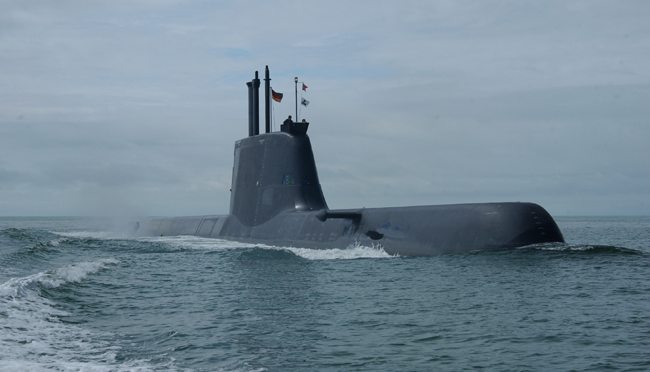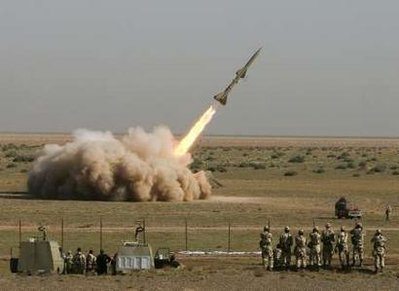German shipbuilding group HDW has pulled out of a subcontractor deal to build two submarines at an Arab-owned shipyard in Greece, the Greek defence minister said on Monday.
HDW bowed out due to “major disagreements” on broader project cooperation in Germany between its parent company ThyssenKrupp Marine Systems and Abu Dhabi Mar, the new owners of Hellenic Shipyards near Athens that were to handle the submarine contract, Defence Minister Evangelos Venizelos said.
The dispute concerns the building of two new 214-class submarines and the overhaul of an older 209-class submarine, Venizelos said in a statement.
It does not affect the delivery of three more 214-class submarines that have been completed at Hellenic Shipyards, the country’s main shipbuilding facility, the minister said.
The Greek submarine order has been a long-running affair spanning over a decade and dogged by technical disputes, litigation and bribery probes.
Athens in September oversaw a deal to transfer a majority stake at Hellenic Shipyards, the country’s main shipbuilding facility, from ThyssenKrupp Marine Systems to Abu Dhabi Mar in order to protect thousands of jobs.
The deal had been delayed by Athens’ initial refusal to accept delivery of one of the new submarines, the Papanikolis, after Greek Navy inspectors declared it defective during test runs off the port of Kiel.
A former Greek defence minister is currently under parliamentary investigation in Athens over bribes allegedly paid to Greek officials in relation to submarine orders signed in 2000 and 2002.
Venizelos has accused German companies of encouraging corruption in Greece.
“Until a certain point, all major German companies doing business with the Greek state are creating a problem,” the minister told To Vima radio in March.
He pointed to industrial giants Siemens, Ferrostaal and MAN, all of whom have been subject to graft investigations in Germany.
“Transparency rules are not only, or mainly broken in Greece, they are mainly broken in the home country of these companies,” Venizelos said.
Greece has consistently earned low marks from corruption watchdogs on the basis of widespread kickback practises, mainly in its vast civil service.
The Greek government, struggling with a debt crisis and facing a huge effort to restructure its ailing economy, has admitted it can ill-afford new arms purchases.
But in defence of the shipyard deal, Venizelos last year said the delays “had placed in danger the country’s largest shipbuilding industry, thousands of jobs, the entire Greek Navy submarine programme and over two billion euros already paid by the Greek state without tangible result.”











